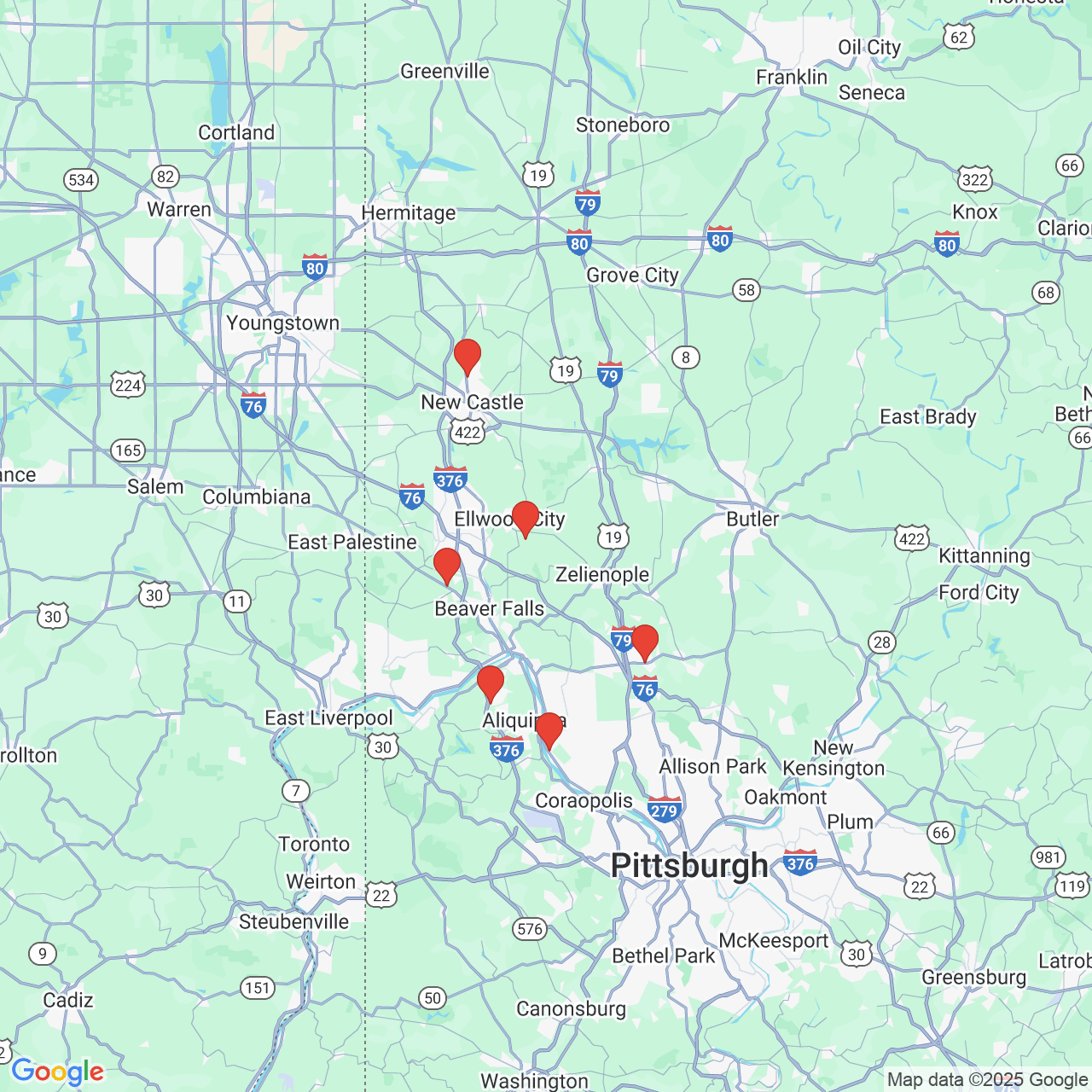Rapid Palatal Expanders
Expanders are ONLY recommended in certain situations, and are not necessary for most children that we see. In general, expanders are utilized only in cases where moving bone is the proper solution.
Children who are still growing and have bite problems, narrow arches, severe crowding, or potentially impacted teeth are all good candidates for expanders. As a child, the upper palate is split into 2 separate bones (Diagram A) that can easily be expanded and then filled in with bone during the natural growth process without any pain at all.
Adolescents that have reached puberty do not respond as well to expanders due to the fact that the fusion of the palatal suture is complete. At this late stage, treatment can be more painful and relapse of the teeth and/or gum recession often occurs.
Different Expanders
Not all expanders work the same. Dr. Spokane and Dr. Karski believe bonded expanders work the best to widen the palate and create the room that is necessary. Our acrylic expanders are made in house at our own lab so patients get to choose the colors and designs they want, making it a personal and fun experience for kids!

A patient showing off her custom made sparkly, princess expander!
Problems To Watch For
Problems that are commonly treated in our practice are shown below. Many of these benefit from early treatment orthodontics and expanders.

Airway & Breathing
Expanders can help with a child’s mouth breathing, snoring, sleep apnea, even allergies and other airway problems. Numerous studies going all the way back to the 1800’s, up through the current studies of today, are continually confirming the positive correlations between maxillary palatal expanders and improved upper respiratory issues. By increasing the width of the palate, we are simultaneously increasing the width the airways, as the two are interconnected. Most of our own patients with these concerns have seen a huge improvement and are grateful to have normal breathing restored following treatment.
Speech Issues
The palate is extremely important in speech. High/narrow arches, crowded teeth, jaw misalignment, overjets, deep bites, and other issues can make saying certain sounds and letter combinations more difficult. Proper tongue position in the arch and against the teeth is critical in proper annunciation. We have had many patients with speech problems benefit from expanders.
If you think your child may need an expander, schedule a consultation. They include x-rays, photos, digital scans, 3-D models if needed, and a thorough evaluation. You will be provided a personalized treatment plan that meets your needs and receive all the information you need to make a decision that's right for you.
We also offer complimentary Virtual Consultations.
Call or Text us at 724-846-9666 if you have any questions.
Schedule Now using our online form.



